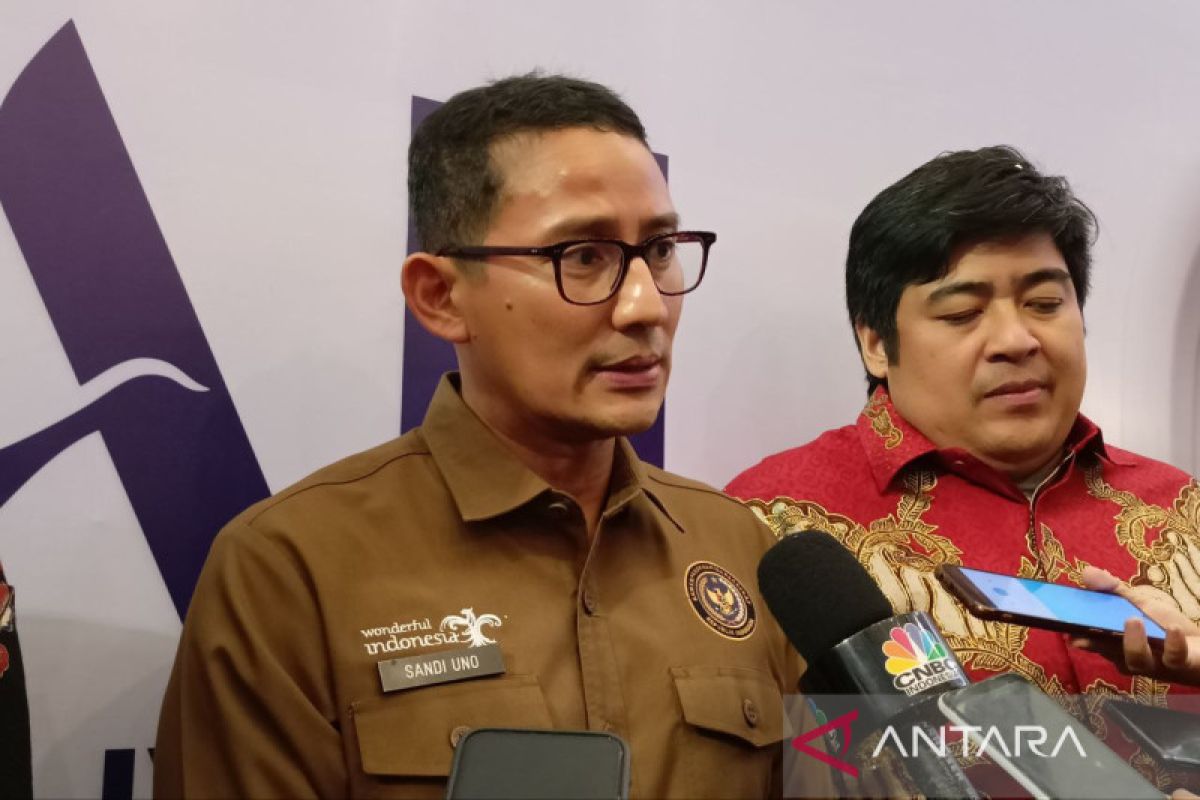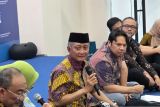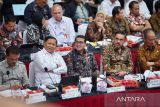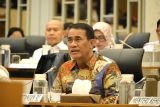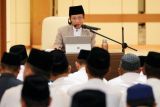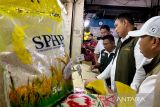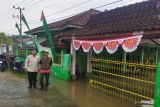Jakarta (ANTARA) - The tourism industry is currently showing improvement on the back of increasing public interest in travel, according to Minister of Tourism and Creative Economy Sandiaga Salahuddin Uno. "After the COVID-19 pandemic, people's interest in traveling and traveling have greatly increased," he said at the opening of a hotel industry exhibition in Jakarta on Wednesday.
Based on data from Statistics Indonesia (BPS), the occupancy rate of hotel rooms reached 54.41 percent as of November 2022. Meanwhile, the number of foreign tourists visiting Indonesia reached 5.47 million as of December 2022, he informed.
Then, in the 2022 Travel & Tourism Development Index released by the World Economic Forum, Indonesia rose 12 places to rank 32 out of 117 countries, above Malaysia, Thailand, Vietnam, and the Philippines.
According to Uno, the achievement was supported by 5 Super-Priority Destinations (DSP), eight Tourism Special Economic Zones (KEK), and 12 sustainable tourism projects "And we hope this will be able to attract investment," he said.w
In 2023, Indonesia is targeting to increase the number of foreign tourists visiting Indonesia to up to 7.4 million, he added. Meanwhile, domestic tourist movements are targeted to reach 1.2 billion–1.4 billion.
“Then, the foreign exchange value that we are targeting is US$6 billion (around Rp92 trillion), where creative economy products this year are targeted to export US$26.46 billion (around Rp407 trillion), with an added value of Rp1,279 trillion," Uno said.
Baca juga: Kunjungan wisman kuartal I-2023 20 persen di atas target
Baca juga: Meparekraf sebut konten kreatif menopang 65 persen omzet penjualan
Indonesia is also targeting to push employment in the tourism and creative economy sectors so that it can absorb 45 million workers, he added "For tourism, 22.4 million workers, and for the creative economy, 22.59 million workers," he expounded.
In order to achieve the target, Uno invited all parties to focus on innovation, adaptation, and collaboration with the spirit of 3G, namely Gercep (moving fast), Geber (moving together), and Gaspol (working on all online potentials) "We believe that in entering a new post-pandemic economic order that is all digital, we can both be able to overcome the challenges of the threat of an economic crisis," he said.

